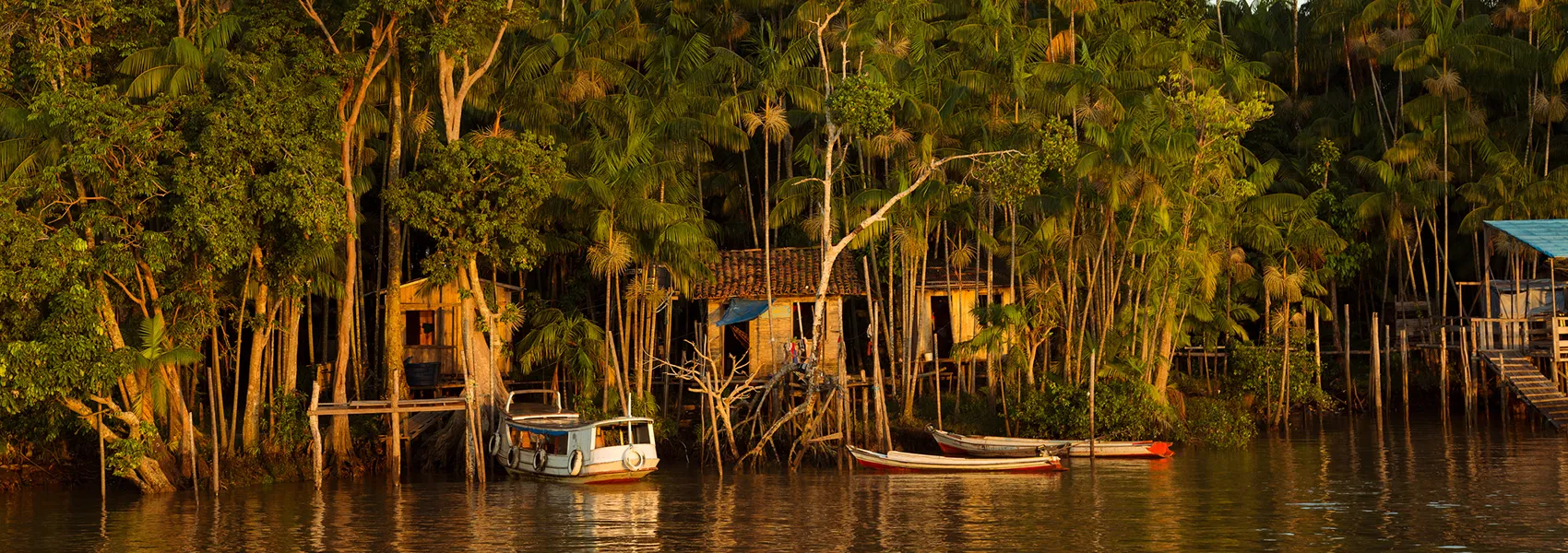
Published 4th Aug. 2023
Reading time
‘Sustainable’ has become something of a buzzword in recent years, especially in relation to travel. The pandemic forced us to slow down and take stock, subsequently shedding light on our globetrotting tendencies, and since then the urge to travel more sustainably and responsibly has become an irresistible force. Countries like Sweden, Kenya and Costa Rica have upped their already impressive sustainable tourism initiatives, while Brazil is another destination where travel can be a force for good. Sustainable tourism in Brazil takes many forms and in line with our concept of Kintsugi Travel (where we aim to build back travel with more positive impact than before the pandemic), we’re keen to shed light on them. Here are some ways to travel sustainably in Brazil that benefit both the visitor and the destination…
Overtourism is the act of tourist crowds congregating in the world’s most popular holiday spots. The result? An overwhelming (and unnecessary) pressure on the resources and natural beauty of these regions. Our portfolio of undertourism destinations offer an antidote to this unfortunate phenomenon and encourages journeying to off-the-beaten-path places, where you can practice responsible travel. Brazil, for example, is an apt destination for those who are fed up of queuing to get into the Louvre or jostling for a selfie spot outside La Sagrada Familia. While a whopping 15.6 million and seven million Brits flocked to Spain and France respectively in 2022, only around 160,000 visit Brazil each year. And although Brazil still plays host to some touristic hotspots (Rio Carnival, Christ the Redeemer and Sugarloaf Mountain, to name a few), this vast country is home to myriad hidden corners and wide-open spaces that can be explored in relative solitude.
As part of our pursuit to make travel a force for good, we’re championing the idea of visiting the destinations that benefit most from tourism. Summed up by our concept of Philantourism (a combination of philanthropy and tourism), you can support these countries simply by being there and spending money within local communities. In Brazil, tourism is a valuable sector of the economy, providing around 2.2 million direct jobs in 2019 and accounting for 6.4% of the country's GDP in 2021. Experience Brazil’s wildlife-rich Pantanal and Amazon, explore the bustling seaside city of Rio de Janeiro or gaze down at the thundering Iguazu Falls, content in the knowledge that you’re contributing to an important pillar of the country’s economy.
When it comes to sustainable tourism in Brazil, local communities play a key role by running conservation projects, preserving long-standing traditions and acting as custodians of culture. For example, groups located within protected areas have been able to contribute to the ongoing conservation of the Amazon River Dolphin, with support from community-based tourism. Staying in local lodges, visiting these vibrant communities and participating in traditional activities ensures that your money goes towards these vital projects. The Uakari Lodge is a community-run floating lodge in the Mamirauá Sustainable Development Reserve (the largest area of the flooded Amazonian forest), which aims to help local communities and preserve natural resources. Built for sustainability with solar power, rainwater collection and recycled materials, a stay here offers a one-of-a-kind perspective on this precious habitat. The unique ecosystem of the reserve plays host to myriad endemic species, while the majority of employees are residents of nearby communities. And to top off these already remarkable accolades, they can arrange dolphin watching, piranha fishing, sunset boat rides and village visits during your stay.
Practising sustainable tourism in Brazil is as much about immersing yourself in local cultures as it is about supporting environmental conservation projects. And with some 305 ethnic groups dotted across the country, Brazil knows a thing or two about indigenous traditions. As part of your trip, we can organise authentic, educational and sensitively planned interactions with the guardians of the extraordinary habitats you’ll experience. The Quilombola community of Campinho da Independência, for instance, welcome visitors for the day to learn about their history, gastronomy and crafts, such as basket weaving; while the Guaraní community teach travellers about their age-old customs and indigenous nature-based ethos.
Written by Luisa Watts
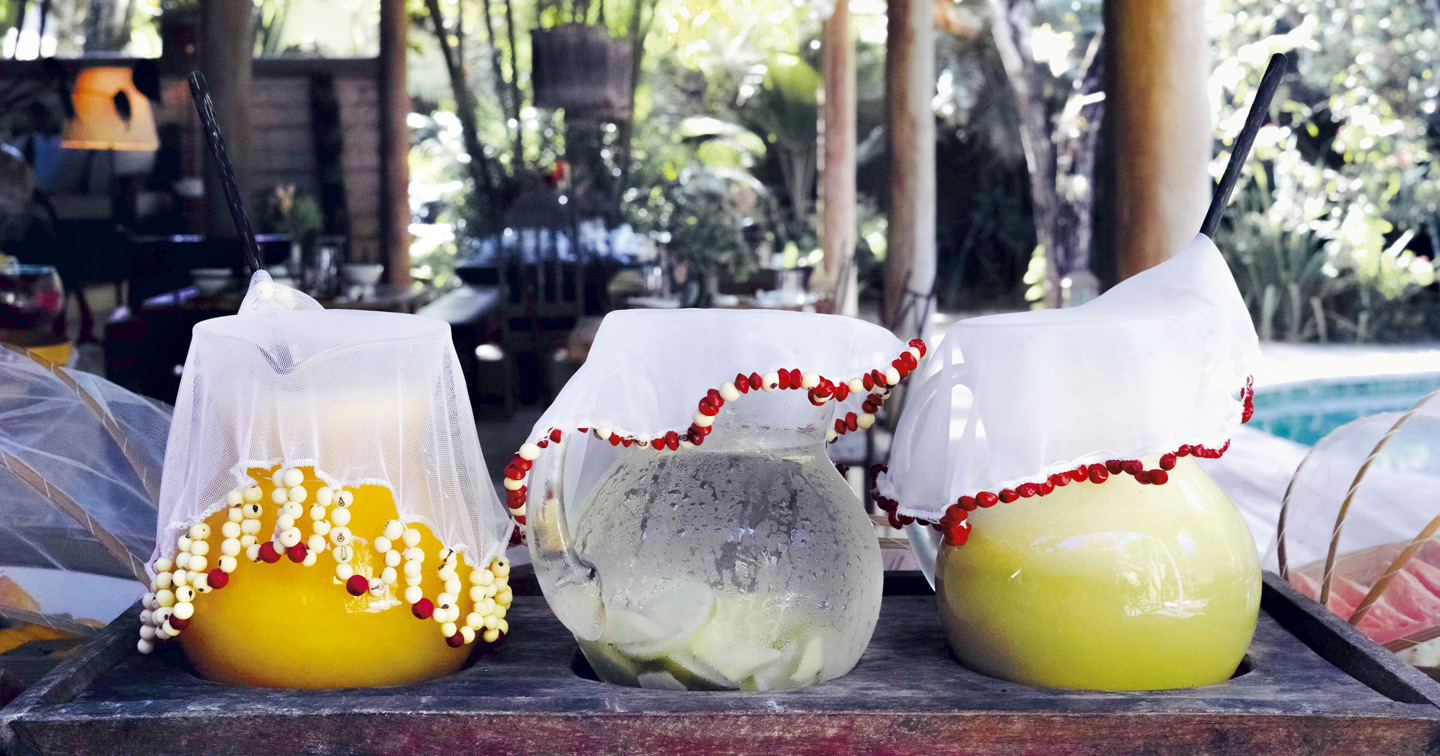
As the fifth largest country in the world, Brazil can be quick to overwhelm. But leave the planning in the hands of our expert team – two of whom are natives and one of whom grew up there – and dive into a stress-free, tailor-made itinerary. From closing off the Christ the Redeemer statue for a private, white tablecloth breakfast (yes, really) to beach picnics in Bahia, our experiences surpass the norm. With our portfolio of properties including luxury resorts in Rio and mid-century houses with views of Sugarloaf Mountain, there’s something to suit all travellers' tastes.
ENQUIRE NOWPractical advice and inspiration for your next trip
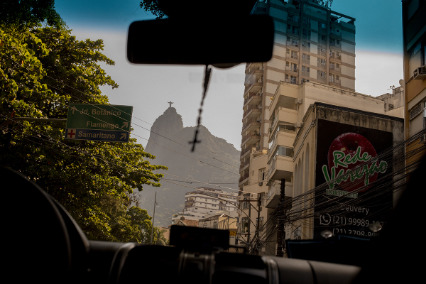
Ah, Rio, where music and passion are always the fashion. With a population of over 14 million and a culture more colourful than the outfits at Carnival, Rio de Janeiro is a true melting pot. And there’s white-sand beaches, lush rainforests and mouth-watering cuisine too. We’d love to spend a week or two (or three) in this sprawling city, but if your South American itinerary is already jam-packed, 24 hours in Rio de Janeiro is just enough time to see the highlights and sample a taste of the carioca (local) lifestyle.
14th May 2025 - Brazil 24 Hours In
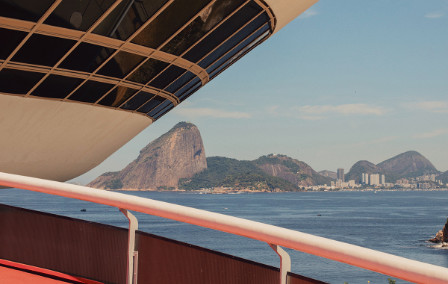
Depicting diverse cultures, identities and landscapes, the art in Brazil is among the best in the world. Showcasing the country’s distinct modern movement during the 20th century is an exciting exhibition by the Royal Academy: Brasil! Brasil! The Birth of Modernism. Focusing on Indigenous identity and the Afro-Brazilian experience, the exhibition presents over 130 works by ten groundbreaking artists, illuminating Brazil's artistic legacy.
4th February 2025 - Brazil Culture
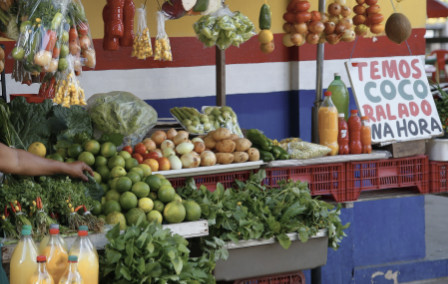
As colourful as the streets it’s consumed in, traditional food in Brazil is packed full of irresistible ingredients, subtle spices and a rich history to tell. While some seek culture in the country’s carnivals and architecture, there’s a melting pot of influences to be found on your fork. So, whether you’re craving creaminess in Brazil’s fishy moqueca or a sugar rush in its brigadeiro, read on to discover our favourite dishes in this slice of South America.
21st August 2024 - Brazil Food & Drink

Our team of destination experts will get to know you and your unique requirements for your holiday

We work with you to build an ultra-personalised holiday itinerary with your choice of accommodation, experiences and activities

All of our holidays include little extras designed to make a big difference to your trip, from fast-tracking you through airport check-in and security to our network of local Concierges